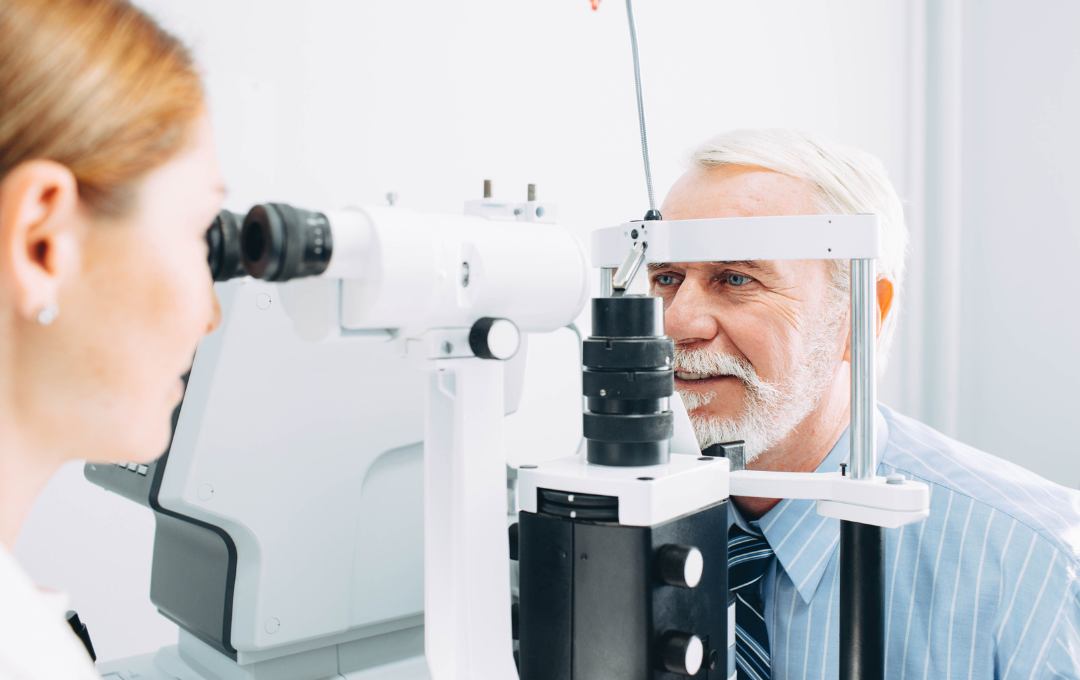As we age, prioritizing health and well-being becomes increasingly important, especially for men over 50. Regular health screenings and tests play a crucial role in detecting potential conditions early, allowing for timely interventions.
A routine physical exam forms the foundation of this proactive approach, typically including checks of vital signs like blood pressure, heart rate, and temperature, along with a physical examination. However, beyond the basics, certain age-related screenings for conditions like colon cancer, prostate cancer, and others may not be part of a standard physical but are vital for maintaining long-term health. Knowing the difference between what’s covered in a routine checkup and what additional screenings are recommended is key to comprehensive health management.
Essential Health Exam Checklist
Routine Tests at Your Annual Physical
Your primary care doctor will typically perform a series of routine checks during an annual exam to gain an understanding of your overall health and identify any potential concerns early on.
-
Cholesterol and Blood Pressure Check
These checks are important as levels tend to increase with age. Cholesterol is measured through a blood test that examines HDL, LDL, and triglycerides. Blood pressure is assessed by measuring systolic and diastolic levels. Ideal blood pressure for men over 60 is around 135/88.
-
Diabetes Screening
Recommended before age 45, diabetes screening involves either a fasting plasma glucose (FPG) or an A1C blood test. Detecting diabetes early is critical because it can lead to other complications, including peripheral artery disease (PAD). If you have diabetes, it’s important to discuss screening options for PAD with your doctor to ensure timely detection and appropriate management.
-
Vitamin D Test
This test helps monitor bone health. A 25-hydroxy vitamin D blood test ensures your levels are within the healthy range of 20-50 ng/mL. Vitamin D plays an important role in maintaining healthy blood vessels by potentially reducing blood pressure and regulating inflammation. Low vitamin D levels have been linked to an increased risk of cardiovascular diseases like heart disease and stroke.
-
Joint Examination
During a physical exam, your doctor will assess your joints, including your knees, for signs of stiffness, swelling, and tenderness, which can help identify potential conditions like knee arthritis.
These tests screen for conditions with common risk factors such as age, family history of related conditions, and lifestyle factors such as an unhealthy diet, lack of exercise, smoking, obesity, and excessive alcohol consumption.
Important Screenings Based on Risk Factors
Proactive healthcare starts with understanding the factors that may increase your risk of developing certain health conditions. By identifying potential risk factors such as family history and lifestyle factors, you can make informed choices about your health to proactively manage your well-being.
-
Colon Cancer Screening
Men over 45 should get screened for colorectal cancer by age 45. A colonoscopy, performed every 5-10 years, can detect precancerous growths. If you have a family history, start screening earlier and more frequently if necessary.
-
Prostate Cancer Screening
Men should be screened for prostate cancer starting at age 50, or earlier if there’s a family history. Testing may involve a digital rectal exam (DRE) or a PSA blood test.
-
Enlarged Prostate Screening
Urine testing for signs of infection like UTIs or other urinary problems, such as an enlarged prostate, known as benign prostatic hyperplasia (BPH). This test can also indicate kidney disease, diabetes, and liver disease.
-
Testicular Cancer Screening
Although more common in men aged 20-54, it’s still important to discuss testicular cancer with your doctor and perform regular self-exams.
-
Glaucoma Screening
Early detection of glaucoma can prevent vision loss. If you’re over 65 or have diabetes, schedule an eye exam every 6-12 months.
-
Dermatology Check
Regular skin exams are crucial, especially for men over 50, who are at higher risk for melanoma and other skin cancers. Look for new or abnormal moles, discolorations, or a family history of skin disease.
By speaking with your doctor, you can develop a personalized screening plan that addresses your specific family history and take steps to reduce your risk of developing certain conditions.
Proactive Vascular Health Tests
Assessing your vascular health early can be a key factor in preventing serious health issues. Vascular tests can identify potential problems early on, such as blockages in your arteries or vein abnormalities, enabling you to take steps to improve your cardiovascular health and reduce your risk of heart disease, stroke, and other complications.
-
Ankle-Brachial Index (ABI)
This test assesses your risk of developing peripheral artery disease (PAD) by measuring blood flow in your legs. People who smoke, have high blood pressure or are diabetic are at higher risk. PAD can lead to limited mobility, stroke, or amputation if untreated.
-
Coronary CTA Exam
This imaging test detects blockages or aneurysms in the coronary arteries. It’s especially crucial for individuals with a history of smoking, high blood pressure, or vascular disease.
-
Full Body Exams
These scans provide a comprehensive assessment of internal health, enabling early detection of various cancers (lung, colon, prostate, etc.), heart disease, and other conditions. Early identification allows for timely medical intervention, potentially preventing serious complications and improving overall health outcomes.
-
Vein Check-Up
Regular vein check-ups are crucial for detecting issues such as varicose veins, deep vein thrombosis, or chronic venous insufficiency. Early detection helps prevent complications like blood clots or ulcers and ensures healthy blood flow.
Early screening for vascular conditions encourages individuals to proactively manage their health. By identifying potential issues early on, individuals can implement preventative measures and receive timely treatment. This proactive approach can significantly slow the progression of these conditions and potentially avoid serious complications.
At USA Vascular Centers, we’re proud to be part of the USA Clinics Group, a leading provider of specialized healthcare services. Our network offers comprehensive care for a range of conditions, including vein disease, enlarged prostates, hemorrhoids, knee arthritis and more.
Whether you’re seeking prevention, early detection, or advanced treatment, our experienced specialists can provide personalized care tailored to your individual needs. Schedule a consultation today and discover the benefits of our integrated approach within the USA Clinics Group.




